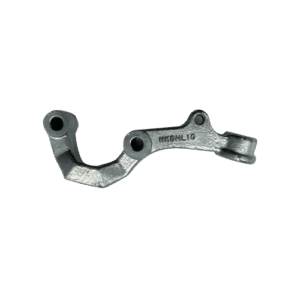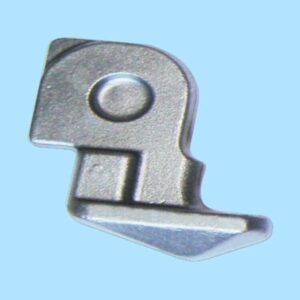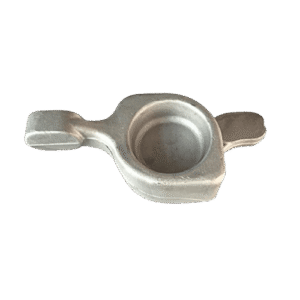Automotive Forging
What is Automotive Forging?
Automotive forging is a manufacturing process that shapes metal into high-strength components for vehicles using localized compressive forces. This process involves placing a metal billet between forging dies and applying tremendous pressure to form the material into the desired shape. Forged automotive parts are critical for safety and performance applications, providing superior mechanical properties compared to cast or machined alternatives. The forging process aligns the metal’s grain structure, resulting in enhanced strength, toughness, and fatigue resistance – essential qualities for components that endure constant stress and vibration in automotive applications.

Common Types of Automotive Forged Components
We produce a comprehensive range of forged components for automotive applications:
Engine Components: Crankshafts, connecting rods, camshafts, valves
Transmission Parts: Gears, shafts, synchronizer hubs
Chassis Components: Steering knuckles, axle beams, suspension arms
Drivetrain Elements: Differential gears, drive shafts, universal joints
Safety Components: Wheel hubs, kingpins, bearing races
Commercial Vehicle Parts: Fifth wheels, leaf spring brackets, tow hooks

Advantages of Automotive Forgings
Automotive forgings offer significant benefits over other manufacturing methods:
Superior Strength: Forged parts have higher strength-to-weight ratio
Enhanced Reliability: Consistent microstructure ensures predictable performance
Improved Fatigue Resistance: Withstand repeated loading cycles without failure
Better Impact Toughness: Absorb energy effectively in collision scenarios
Long Service Life: More durable than cast or fabricated alternatives
Material Efficiency: Minimal waste during production process
Quality Consistency: Uniform properties throughout each component
Custom Forging Services Based on Customer Drawings
Automotive forgings offer significant benefits over other manufacturing methods:
Superior Strength: Forged parts have higher strength-to-weight ratio
Enhanced Reliability: Consistent microstructure ensures predictable performance
Improved Fatigue Resistance: Withstand repeated loading cycles without failure
Better Impact Toughness: Absorb energy effectively in collision scenarios
Long Service Life: More durable than cast or fabricated alternatives
Material Efficiency: Minimal waste during production process
Quality Consistency: Uniform properties throughout each component

Production Capabilities and Equipment Specifications
Our manufacturing facility is equipped with advanced forging equipment capable of handling diverse automotive component requirements:
Maximum Press Capacity: 2000-ton forging press
Component Weight Range: Up to 60kg per forged piece
Material Capabilities: Carbon steel, alloy steel, aluminum, and other forgeable metals
Secondary Operations: Heat treatment, machining, surface treatment
Quality Control: Full dimensional inspection and non-destructive testing
Production Volume: From prototype batches to mass production runs
